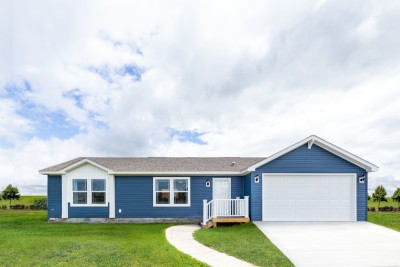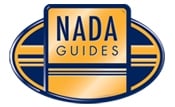When it comes to insurance claims, you may hear the terms “replacement cost” and “actual cash value,” but what do they mean? Homeowners insurance policies can either pay for the replacement cost or actual cash value for a total loss of the home, as well as damage or theft of the personal property in your home. But what’s the difference between them and what are you getting coverage for? HomeFirst® breaks both down for you and lets you know how to find out what’s covered in your policy.
What is the Difference Between Replacement Cost and Actual Cash Value (ACV)?
Generally, replacement cost is the cash amount needed to repair or replace your home and personal property using the same materials and quality, but paying for those materials and quality by using the current market value. Depreciation — a reduction in the value with the passage of time, due in particular to wear and tear— is not taken into account when calculating replacement cost. The actual cash value is generally the replacement cost minus the home or personal item’s depreciation or decrease in value. Actual cash value usually has lower premiums and could be a good option if you don’t have a lot of personal property, but you may have to make up the difference to replace your items as the actual cash value takes into account their condition and depreciation. Replacement cost may have higher premiums but will also have higher payouts for a valid claim, so your personal property can have a new replacement.

How Does Replacement Cost Value and Actual Cash Value Pay Out When You File a Claim?
Before we dive right in, it’s important to note that each insurance company has their own procedures and policy terms can vary. You should always read the terms of your homeowners insurance policy. Also, if you have a home loan, your lender may have certain procedures that determine how the insurer pays a claim since the home is collateral for the loan that is made to you. These procedures can usually be found in your loan documents or mortgage.
When a valid claim is filed under a replacement cost insurance policy, typically the insurance company will pay out the actual cash value to begin the repair or replacement, which is the estimated replacement cost minus a deduction for depreciation. Once the repair or replacement is complete, the customer will need to submit documentation showing the amount paid to repair or replace the damage. Once this has been reviewed, the insurance company will pay the remainder up to the replacement cost, subject to policy limits. Keep in mind you may have a deductible for the claim that is not reimbursable.
When a valid claim is filed under an actual cash value policy, typically the insurance company will pay out the value amount of the repair or replacement (companies may use different tools to determine the value) minus both depreciation and the deductible. If the repair or replacement costs are more than the amount paid, the difference will not be compensated for.

How Do I Find Out the Actual Cash Value of My Home?
To get an estimate of what your mobile, manufactured or modular home's current value is, you can purchase a value report from NADA. To get an estimate of the value of your mobile home or site-built home, you may want to consider hiring an appraiser to do an appraisal.
Now that you know the difference between replacement cost and actual cash value when it comes to homeowners insurance policies, take a look at your homeowners insurance policy terms to see whether it covers your property for the replacement cost or actual cash value. If you find that your policy doesn’t feature the coverage you wish you had, give us a call at 1-800-664-9309 and let HomeFirst® Insurance Agency help you find the policy that best fits your needs!
